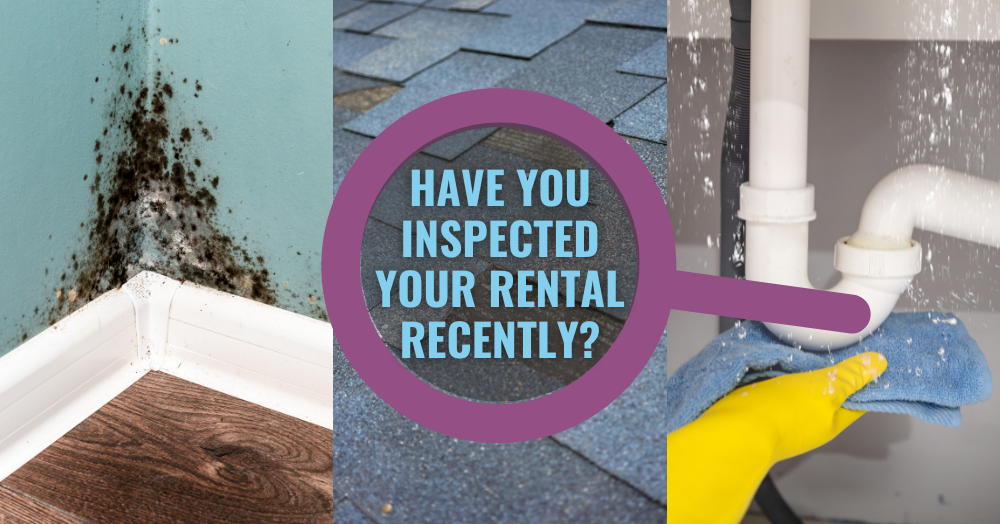
As a landlord, you’ve likely encountered that sense of concern when your tenant’s name appears on your phone, signaling an issue. Additionally, the prospect of covering unforeseen and costly repairs can be distressing. These scenarios might suggest that your property inspections need enhancement.
Being a landlord encompasses more than property ownership and rental income. It’s a complex role demanding meticulous attention to detail, adherence to legal obligations, and provision of a secure living environment for tenants. Regular inspections facilitate all these aspects.
Within this concise overview, we delve into the value of property inspections in terms of long-term savings and efficiency.
The Significance of Inspections:
Inspections afford you the opportunity to ensure proper property maintenance, functionality, and cleanliness. While they might occasionally feel like a chore, they hold mutual benefits for both landlords and tenants, ensuring compliance with responsibilities.
Beyond Initial and Final Inspections:
Initial and final inspections merely meet the basic requirements. Neglecting ongoing property assessments during a tenancy can escalate minor issues into substantial problems due to prolonged disregard.
For recent tenancies, setting a precedent demonstrates your commitment to property care, instilling a sense of responsibility in tenants. While long-term tenants might require fewer inspections, entirely skipping them could result in dissatisfied occupants or property deterioration.
Frequency of Rental Inspections:
Though no strict guidelines dictate inspection frequency, a reasonable interval falls between four to six months. Excessive visits can alienate tenants, so balance is key.
Insurance Considerations:
Landlord insurance policies may stipulate inspection frequency, neglecting which could void coverage.
Conducting Inspections with Respect:
Collaboration between both parties is crucial when scheduling inspections. Legalities mandate a minimum 24 hours’ notice, but extended warnings accommodate tenant availability.
Embracing the Benefits:
While inspections might induce unease, they can mitigate financial burdens, streamline processes, and cultivate trust between landlords and tenants. Evading inspections is inadvisable.
Delegating Inspection Responsibilities:
For landlords facing time constraints, enlisting a letting agent streamlines property management. They execute inspections and ensure adherence to safety protocols.
In conclusion, prioritizing property inspections is integral to effective landlordship. It assures quality management, legal compliance, and harmonious tenant relations.
If you’re a landlord and need a new agent, our team are experienced and ready to help. Contact us today.



